14 associations, including 13 domestic industry associations and the American Chamber of Commerce in Vietnam (AmCham), have just sent a petition letter to Minister of Natural Resources and Environment Dang Quoc Khanh and 8 other ministers in charge of related fields.
In the letter, the associations asked the ministers to review and remove two major obstacles regarding the Draft Recycling Cost Norms (Fs) in implementing the recycling contribution (EPR).
The associations believe that the Draft Fs recycling cost norms submitted by the Ministry of Natural Resources and Environment to the Prime Minister on July 27 have many unreasonably high Fs norms, causing difficulties for production and business, and need to be adjusted appropriately.
Specifically, in the draft, some Fs standards are higher than the average Fs of 14 Western European countries - which are highly developed and expensive countries, such as Fs for aluminum is 1.26 times higher, Fs for glass is 2.12 times higher... Meanwhile, Vietnam's recycling costs are only 1/2-1/3 of Western Europe's.
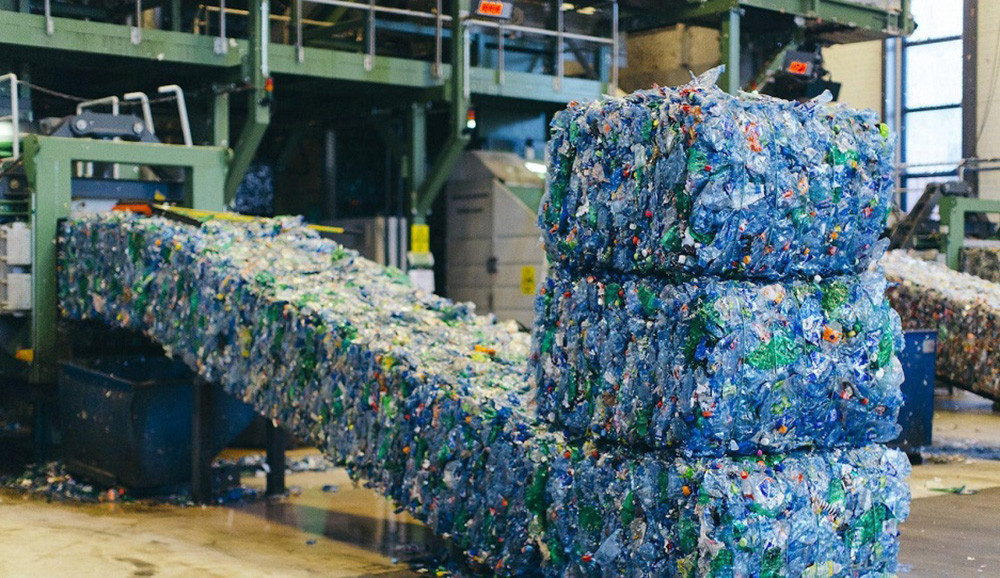
Associations calculate that for just three types of packaging, paper, plastic and metal, the estimated recycling fee to be paid is 6,127 billion VND/year. Of which, more than 50% of the recycling fee to be paid (about 3,064 billion VND/year) is to support the recycling of high-value packaging such as metal packaging, cardboard... while recyclers are making big profits without needing support.
For aluminum can recycling, it is estimated that recyclers also earn about 700-1,300 billion VND/year. Recycling iron and paper packaging is also profitable. Therefore, it is unreasonable for businesses and consumers to pay thousands of billions of VND more to support recyclers who are making big profits.
From the above evidence, the associations propose to adjust the Fs rate more reasonably.
Specifically, apply a coefficient of 0.1 to materials with a recovered material value much higher than the recycling cost, including: aluminum packaging; iron; paper packaging (currently in the draft, aluminum and paper have a coefficient of 02; iron packaging is 0.4). These materials need to be adjusted because official recyclers have made huge profits of thousands of billions before EPR.
In addition, the associations also recommended removing shortcomings in the implementation of recycling contributions (EPR) in Vietnam such as:
Change the way of paying recycling contributions from advance payment at the beginning of 2024 to final settlement based on actual quantity at the end of the year (ie paid in April 2025), similar to the way of paying corporate income tax, which is paid at the beginning of the following period.
Allow businesses to combine both self-recycling and recycling support payments in the same year for the same type of packaging and discarded products, instead of forcing them to choose one of the two above...
The list of associations sending a joint petition includes: Vietnam Dairy Association; Vietnam Association of Seafood Exporters and Producers; Vietnam Textile and Apparel Association; Vietnam Plastics Association; Vietnam Automobile Manufacturers Association; Vietnam Timber and Forest Products Association...
According to the Law on Environmental Protection, from January 1, 2024, manufacturers and importers must implement EPR. Accordingly, businesses can choose to organize product and packaging recycling or make financial contributions to the Vietnam Environmental Protection Fund to support recycling.
The Government assigned the Ministry of Natural Resources and Environment to issue specific Fs norms for each type of product and packaging with an adjustment cycle of every 3 years.
Up to now, the Ministry of Natural Resources and Environment has drafted a decision and submitted it to the Prime Minister for promulgation of reasonable and valid recycling cost norms for a unit volume of products, packaging and administrative management costs to serve the management, supervision and support of the implementation of waste collection and treatment responsibilities of manufacturers and importers.
However, in recent meetings to gather opinions on the draft, associations said that the draft's proposed Fs recycling cost standards are unreasonably high.
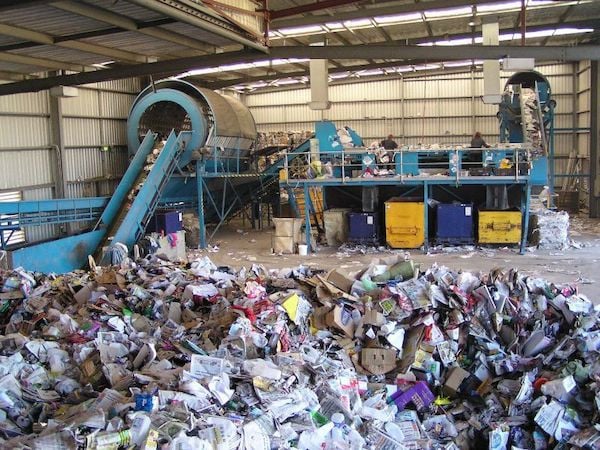
Source




![[Photo] Vietnam shines at Paris International Fair 2025 with cultural and culinary colors](https://vstatic.vietnam.vn/vietnam/resource/IMAGE/2025/5/4/74b16c2a197a42eb97597414009d4eb8)


![[Photo] General Secretary To Lam receives Sri Lankan President Anura Kumara Dissanayaka](https://vstatic.vietnam.vn/vietnam/resource/IMAGE/2025/5/4/75feee4ea0c14825819a8b7ad25518d8)


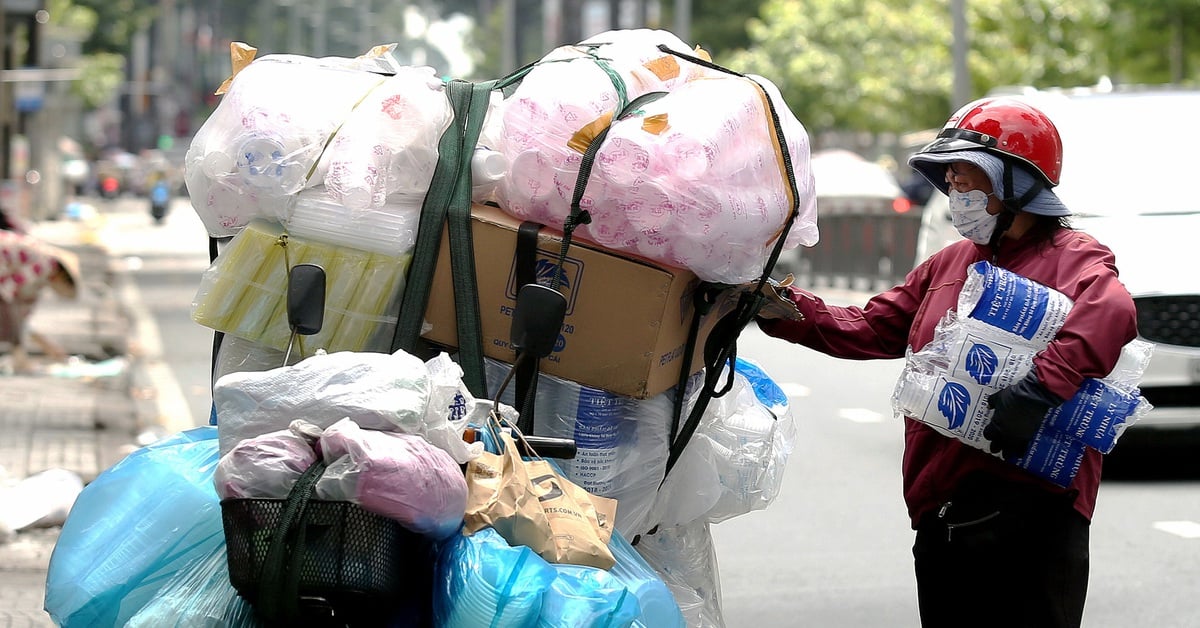


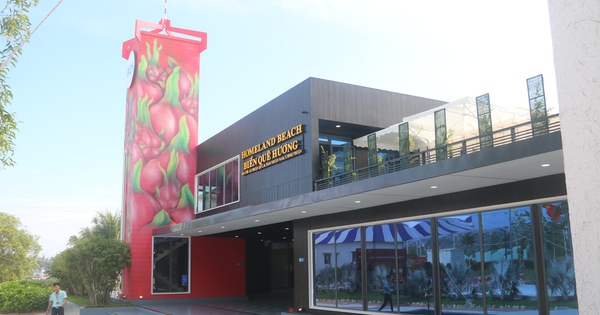



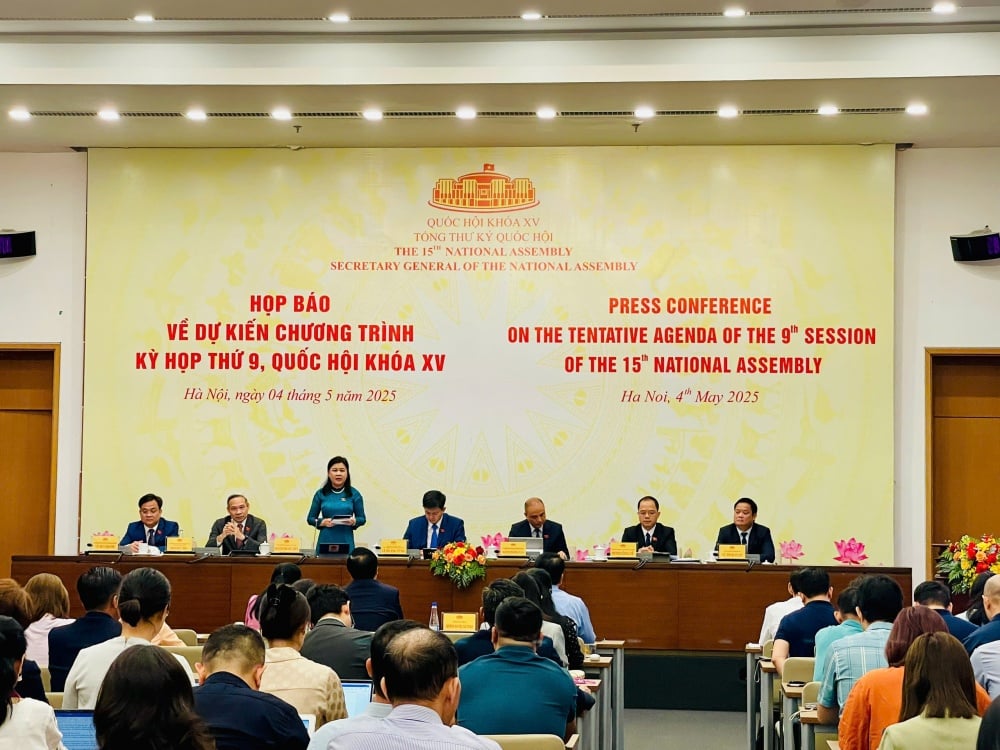
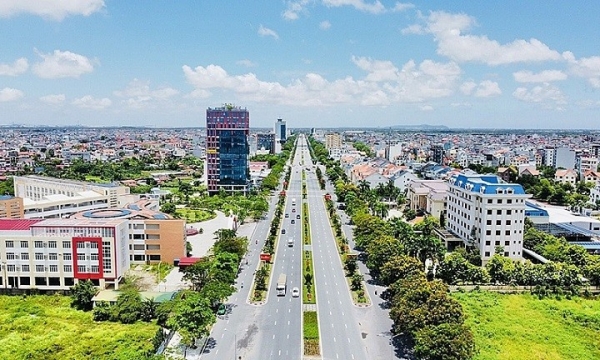

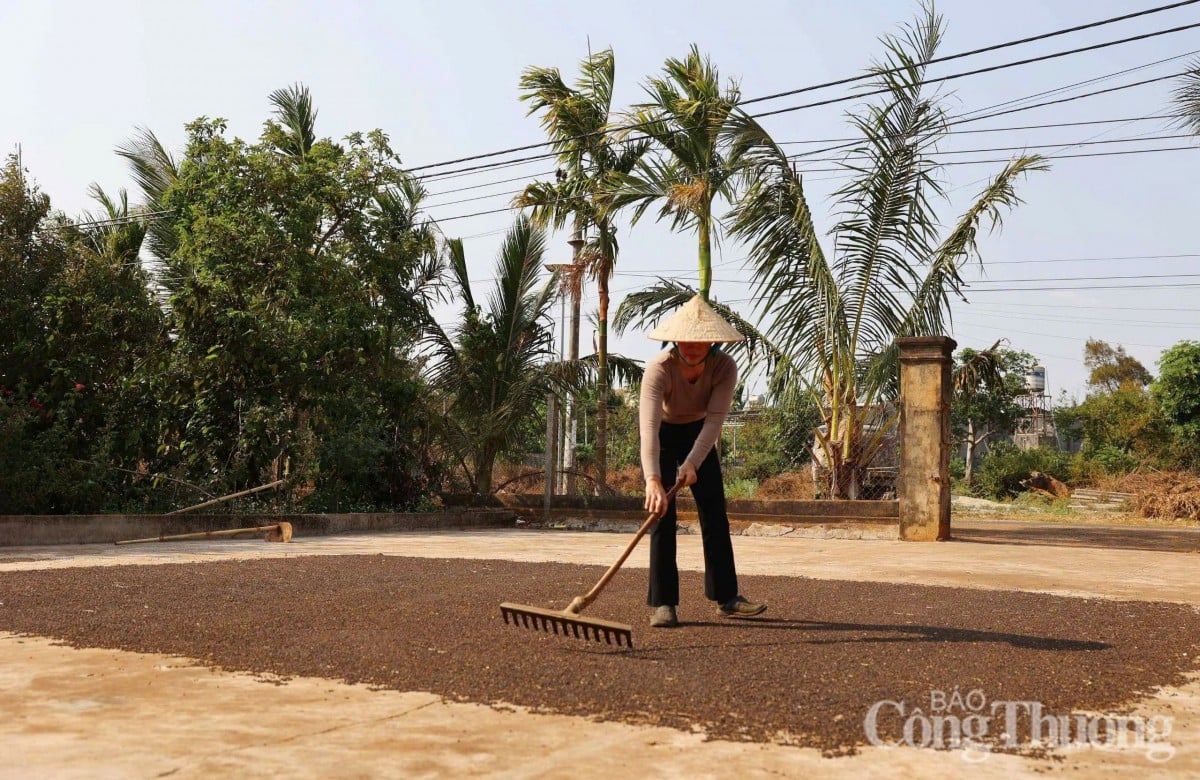
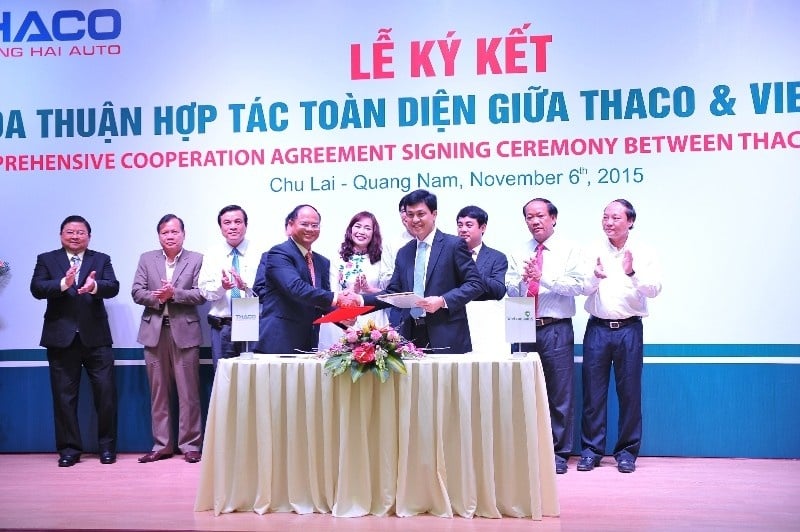
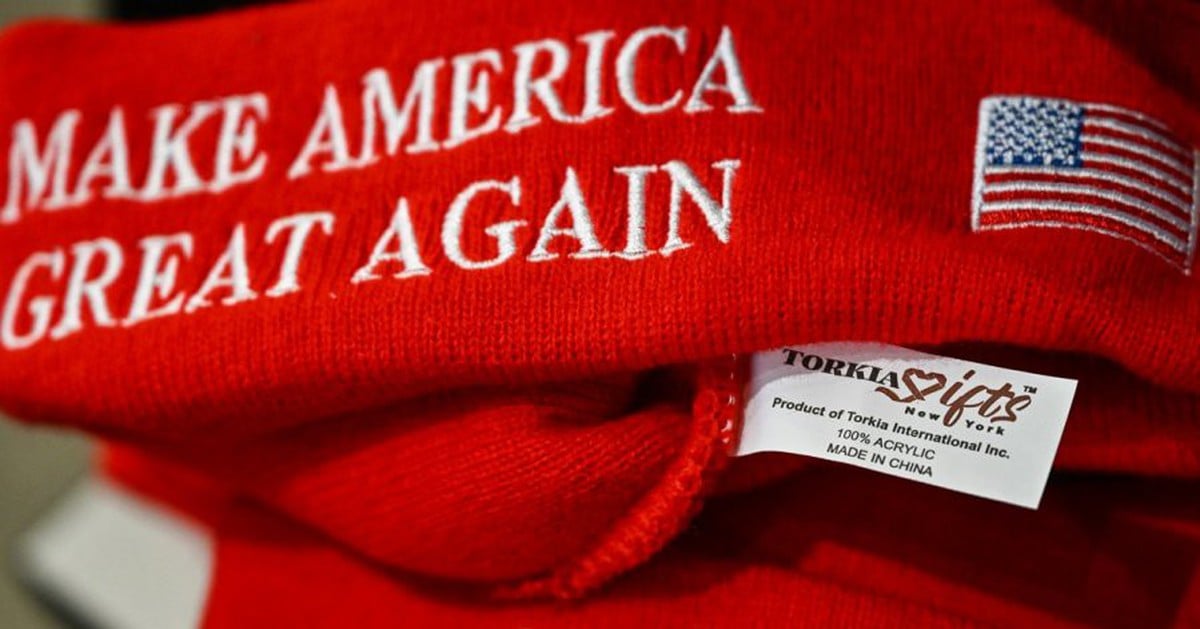




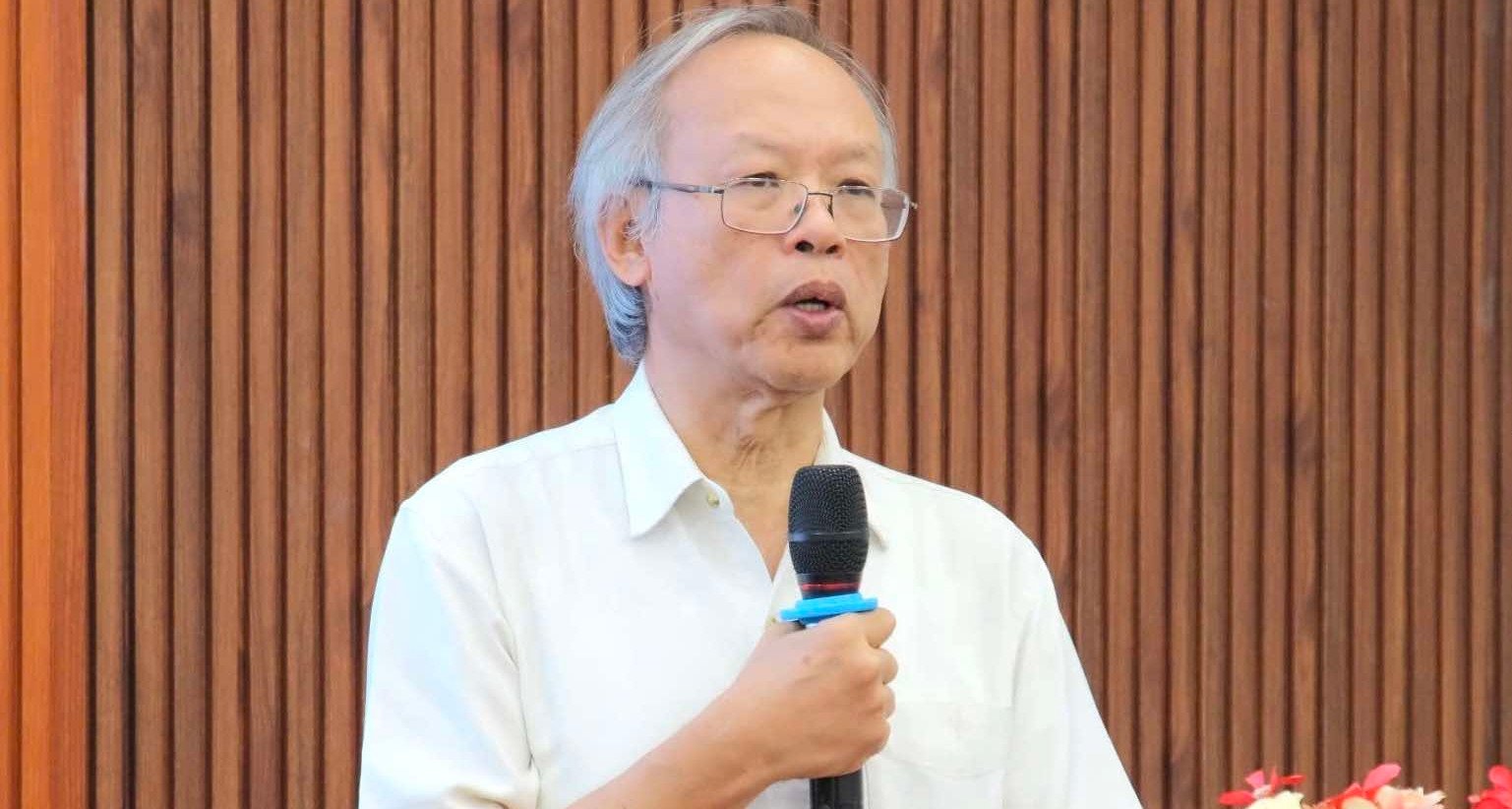
















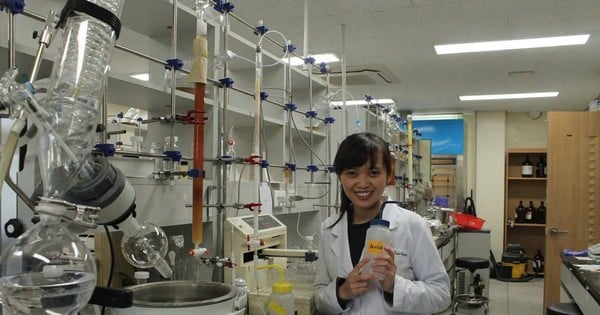







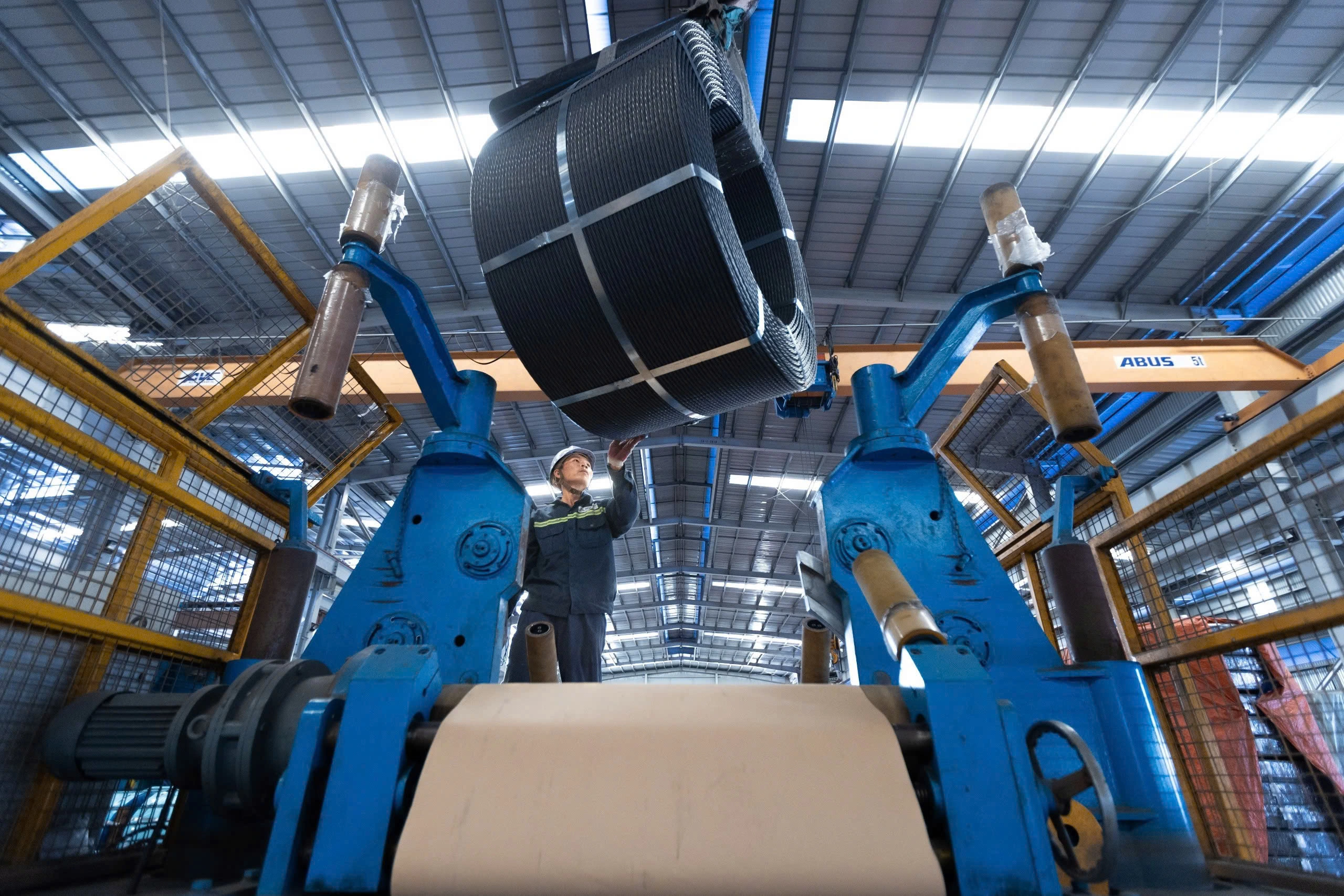












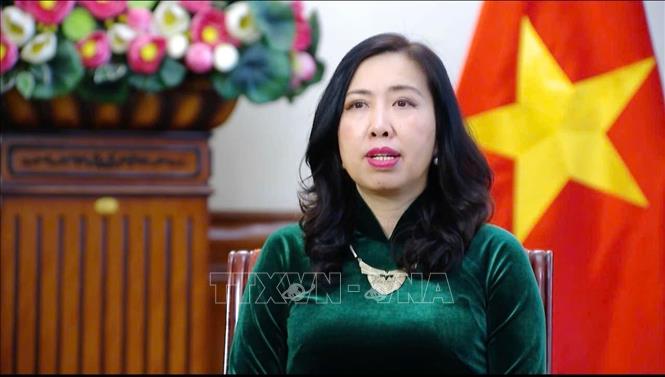


















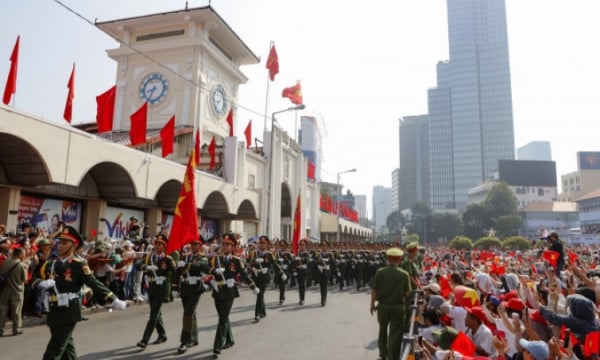
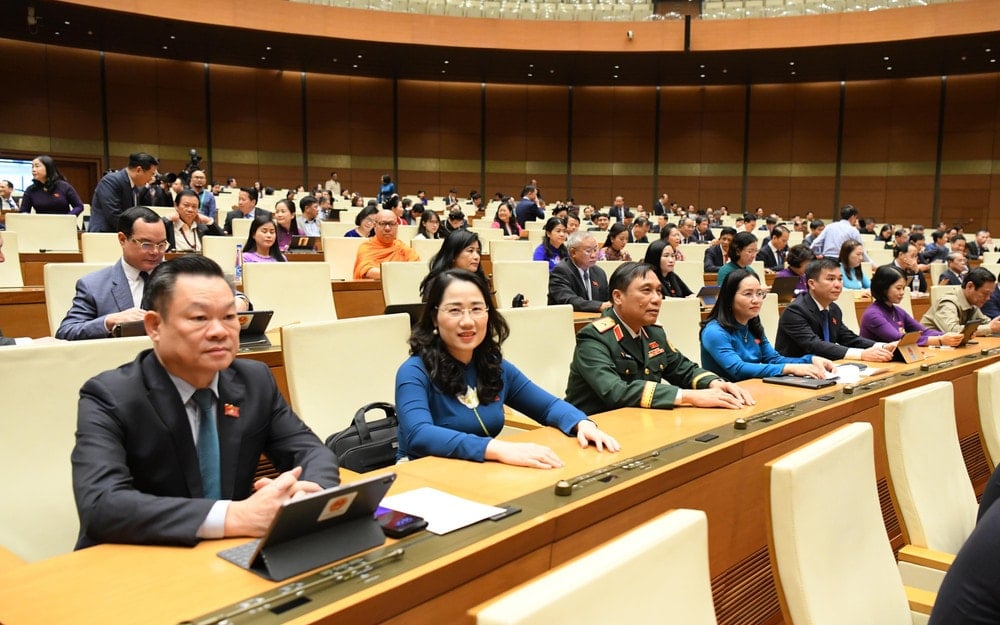




![[Video]. Building OCOP products based on local strengths](https://vstatic.vietnam.vn/vietnam/resource/IMAGE/2025/5/3/61677e8b3a364110b271e7b15ed91b3f)


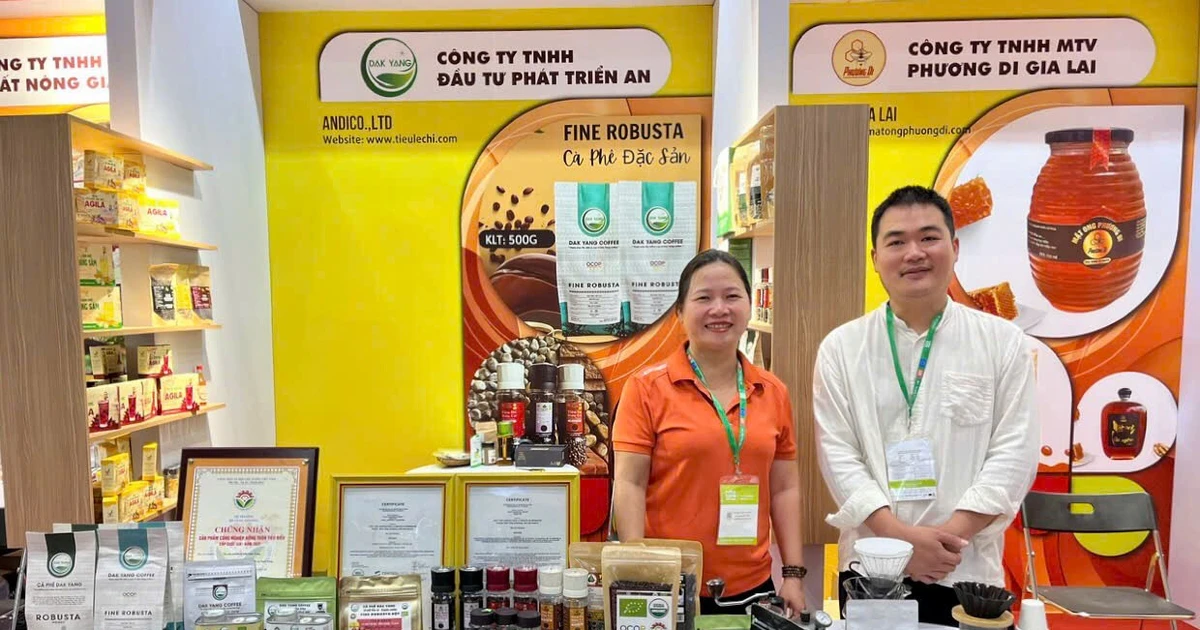

Comment (0)